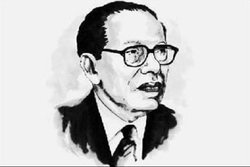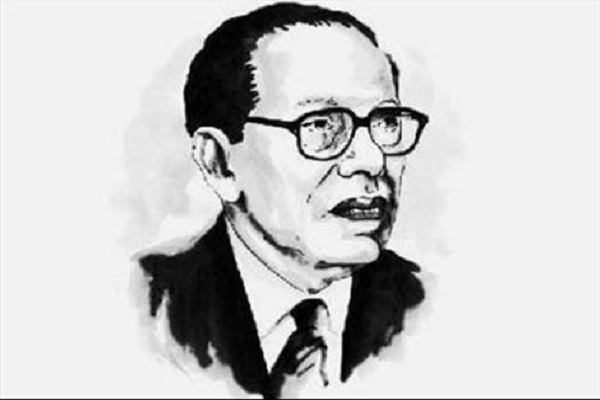Mustafa Mahmoud; A Scholar Who Reached Certainty from Doubt


Mustafa Kamal Mahmoud Hussein Al Mahfouz (December 27, 1021- October 31, 2009) wrote 89 books in the fields of Quran interpretation, religious thoughts, novels, plays, and travel accounts.
Given the intellectual atmosphere of the time, Mahmoud, who had studied medicine, considered the material world to be one of determinism and believed man has no free will in this world.
However, after years of contemplations and studies, he came to the belief that existence cannot be limited to this material dimension and that free will should be sought not in the outside world but within one’s self. He wrote a book about his journey from doubt to certainty that was published in 1970.
In this book, he criticizes the status of the Quran in Egypt’s society at the time and says the fact that the miracle of the Quran has remained hidden is because of wrong understanding and approach to reciting the Holy Book.
He believed that qaris of the time recited the Quran with a steady tone and without paying attention to the content of the verses, which did not help listeners understand the concepts of the verses.
In another book titled “God and Mankind”, Mahmoud had tried to answer fundamental questions about doubt, certainty, monotheism and Kufr (disbelief). Many considered the book to be blasphemous. But a court hearing held at the request of then president of Egypt Gamal Abdel Nasser acquitted him of the charge of profanity.
Another president, Anwar Sadat, who was a friend of Mahmoud’s, asked him to publish the book under the title of “My Conversation with My Atheist Friend”.
Later, Mahmoud offered a critique of the views he had expressed in this book, describing them as a stage on his path from doubt to certainty.
One of his masterpieces was a TV program titled “Science and Faith”, which was aired on Egypt’s TV for 28 years (from 1971 to 1999) in 400 episodes.
It featured discussions on sciences based on faith. In this program, he would first talk about scientific advancements in the modern world and then cite verses from the Quran and their interpretation to discuss instructive points such as the need for resorting to faith in order to be safe from exploitations of science.


